Recently updated on September 29th, 2021 at 06:04 pm
Wherever you travel, it’s important to make an effort to learn a few important phrases of the local language. It’s not only polite and respectful, but it’s also sure to enhance your experience as you start immersing yourself in the culture. This is especially true for your trip to Europe, as with 44 countries across the continent, you’re likely to come across several different languages. So what words and phrases should you start learning? We’ve put together the handiest European phrases and expressions to learn across 8 of the most common European languages.
Hello
Make a good first impression and learn how to greet people in the local language.
French: Bonjour.
German: Guten tag.
Italian: Buongiorno.
Russian: Здравствуйте (zdra-stvooy-tye).
Turkish: Merhaba.
Polish: Dzień dobry.
Dutch: Hallo (similar to English but pronounced “Hah-low”).
Spanish: Hola (ol-a).
RELATED CONTENT: 14 essential French phrases to learn before your next trip to France
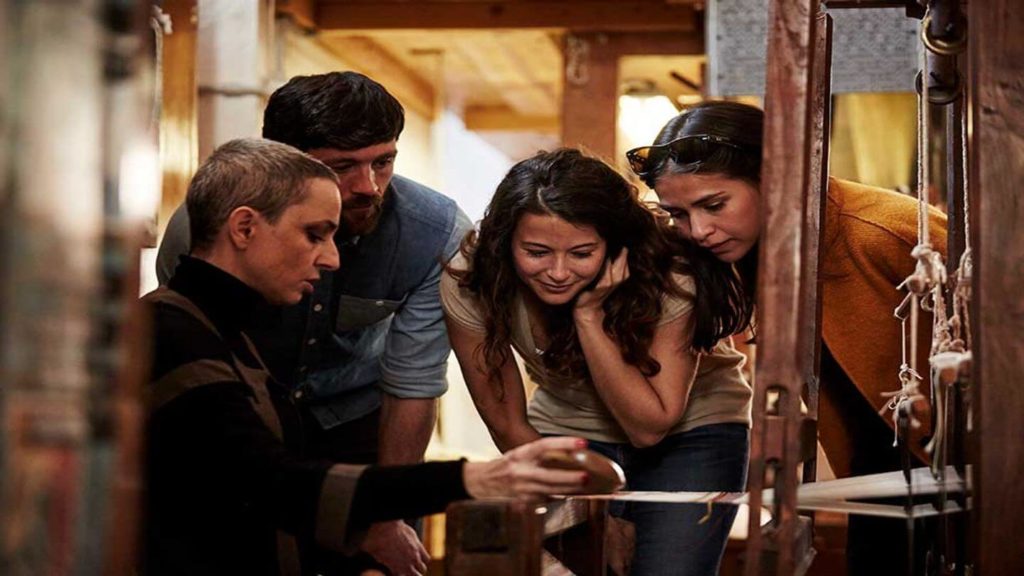

Goodbye
You can smile and wave… And now you’ll also know how to say goodbye!
French: Au revoir.
German: Auf wiedersehen.
Italian: Arrivederci.
Russian: До свидания (da-svee-da-nee-ye).
Turkish: Hoşçakal.
Polish: Do widzenia.
Dutch: Tot ziens.
Spanish: Adiós.
GET INSPIRED BY: European Supreme
How are you?
Use these phrases to take your polite greeting to the next level.
French: Comment allez-vous?
German: Wie geht es Ihnen?
Italian: Come sta?
Russian: как дела (kak-dela)?
Turkish: Nasılsınız?
Polish: Jak się masz?
Dutch: Hoe gaat het?
Spanish: ¿Qué tal?
RELATED CONTENT: 11 essential German phrases that will come in handy on your next trip to Germany


What is your name?
French: Comment vous-appelez-vous?
German: Wie heißen sie?
Italian: Come si chiama?
Russian: Как вас зовут (kak vas za-voot)?
Turkish: Adınız ne?
Polish: Jak masz na imię?
Dutch: Hoe heet je?
Spanish: ¿Cómo te llamas?
GET INSPIRED BY: European Whirl
My name is…
French: Je m’appelle…
German: Ich heiße…
Italian: Mi chiamo…
Russian: Меня зовут (men-ya za-voot)…
Turkish: Benim adım…
Polish: Mam na imię…
Dutch: Ik heet…
Spanish: Me llamo…
RELATED CONTENT: 12 of the most useful Spanish phrases to learn before your trip to Spain
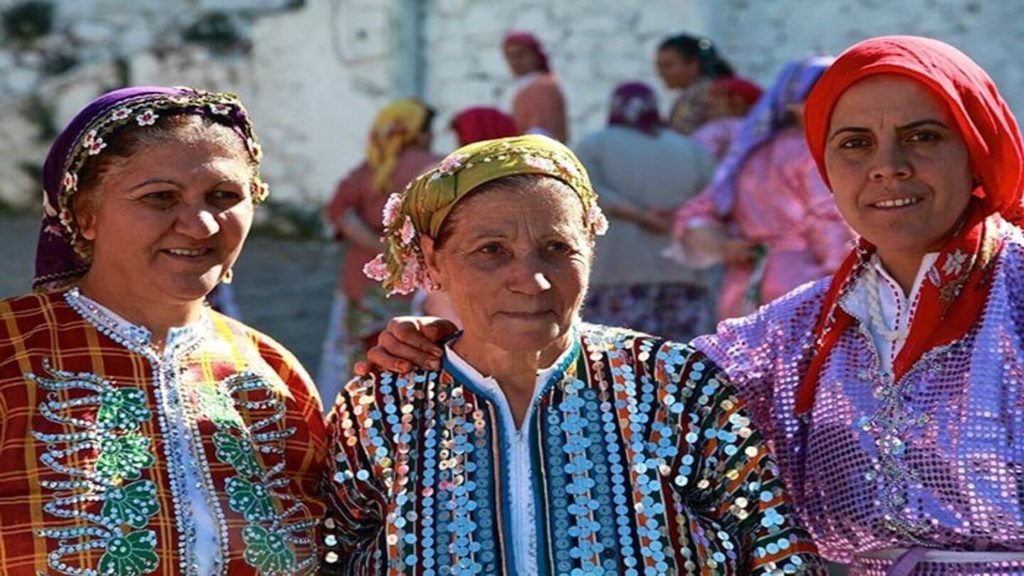

Please
Learning your pleases and thank you’s is essential for any trip, plus they’re quick and easy European phrases to know.
French: S’il te plaît.
German: Bitte.
Italian: Per favore.
Russian: Пожалуйста (pa-zhal-sta).
Turkish: Lütfen.
Polish: Proszę.
Dutch: Alstublieft.
Spanish: Por favor.
RELATED CONTENT: 8 locals you’ll connect with when you travel to Europe with Trafalgar
Thank you
French: Merci.
German: Danke.
Italian: Grazie.
Russian: Спасибо (spa-see-ba).
Turkish: Teşekkürler.
Polish: Dziękuję.
Dutch: Dankjewel.
Spanish: Gracias.
RELATED CONTENT: 9 must-see places to see in Europe for your bucket list
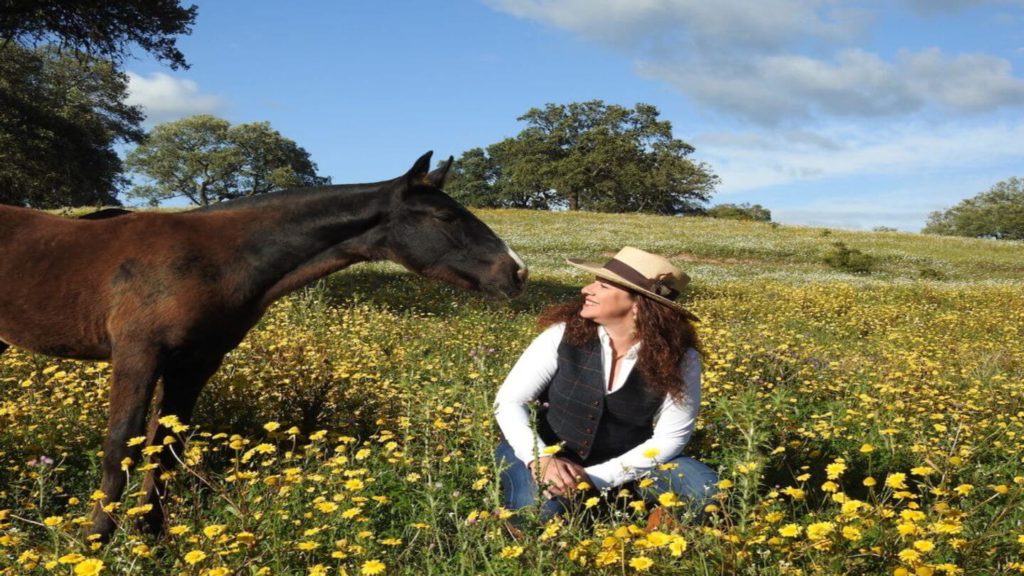

Excuse me
Whether you’re trying to get someone’s attention or you want to be polite when moving through a crowd, learning how to say ‘excuse me’ is essential.
French: Pardon / Excusez-moi.
German: Entschuldigung.
Italian: Mi scusi.
Russian: Извините (izvinite).
Turkish: Affedersiniz.
Polish: Przepraszam.
Dutch: Pardon.
Spanish: Disculpe / Perdón
GET INSPIRED BY: Highlights of Eastern Europe
I’m sorry
They say sorry is always the hardest word to say – but not anymore! Learn it in the local language and use it in situations like bumping into someone on the street or showing up late to an appointment.
French: Je suis desolee.
German: Es tut mir leid.
Italian: Mi dispiace.
Russian: Простите (prostite).
Turkish: Özür dilerim.
Polish: Przepraszam.
Dutch: Het spijt me (Tip: “Sorry” is also a Dutch word and you can also say “sorry” in casual situations like bumping into someone).
Spanish: Lo siento.
RELATED CONTENT: Planning a trip to Europe? These are the 15 essential items you need to pack
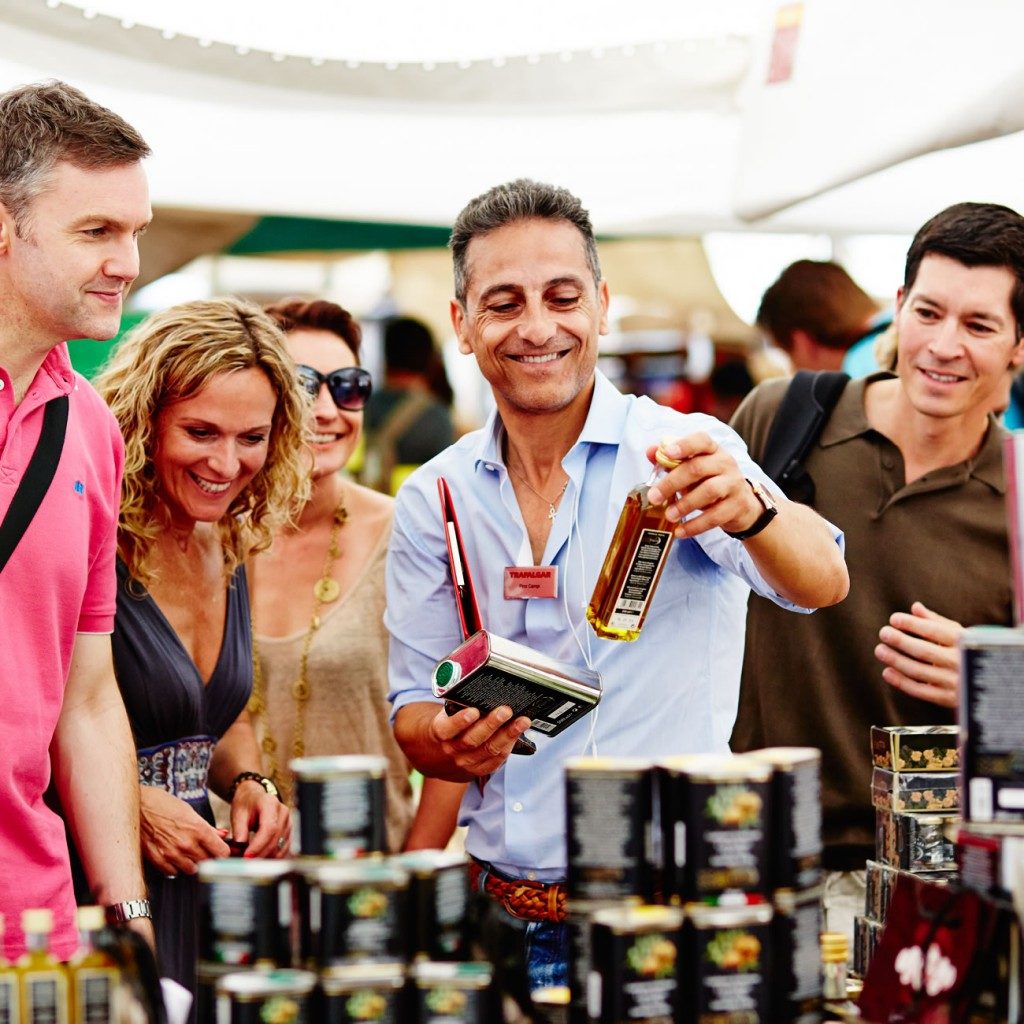

I would like…
Instead of pointing at what you want to order or buy, try adding these European phrases to your repertoire.
French: Je voudrais…
German: Ich hätte gern…
Italian: Vorrei…
Russian: Будьте добры (Bud’te dobry)
Turkish: …istiyorum. (In Turkish, you say the object first).
Polish: Przepraszam (psh-she-pra-sham)
Dutch: Ik wil….
Spanish: Me gustaría…
RELATED CONTENT: 9 trending destinations you should be earmarking for your 2022 travels
How much does this cost?
If you’re planning on doing some shopping on your trip to Europe, this phrase will definitely come in handy, especially in places where bargaining is custom.
French: Combien ça coûte?
German: Wie viel kostet das?
Italian: Quanto costa?
Russian: Сколько это стоит (skol’ko eto stoyit)?
Turkish: Bu ne kadar?
Polish: Ile to kosztuje?
Dutch: Hoeveel kost dit?
Spanish: ¿Cuánto cuesta?
RELATED CONTENT: 7 of the most scenic train rides in Europe you can’t miss on your travels
Where is the bathroom?
You can be sure you’ll need to find a bathroom at some point on your trip to Europe, making this one of the most essential European phrases to learn.
French: Où sont les toilettes?
German: Wo ist die Toilette?
Italian: Dov’è il bagno?
Russian: Где туалет (Gde tualet)?
Turkish: Tuvalet nerede?
Polish: Gdzie jest toaleta?
Dutch: Waar is het toilet?
Spanish: ¿Dónde está el baño?
GET INSPIRED BY: Grand European
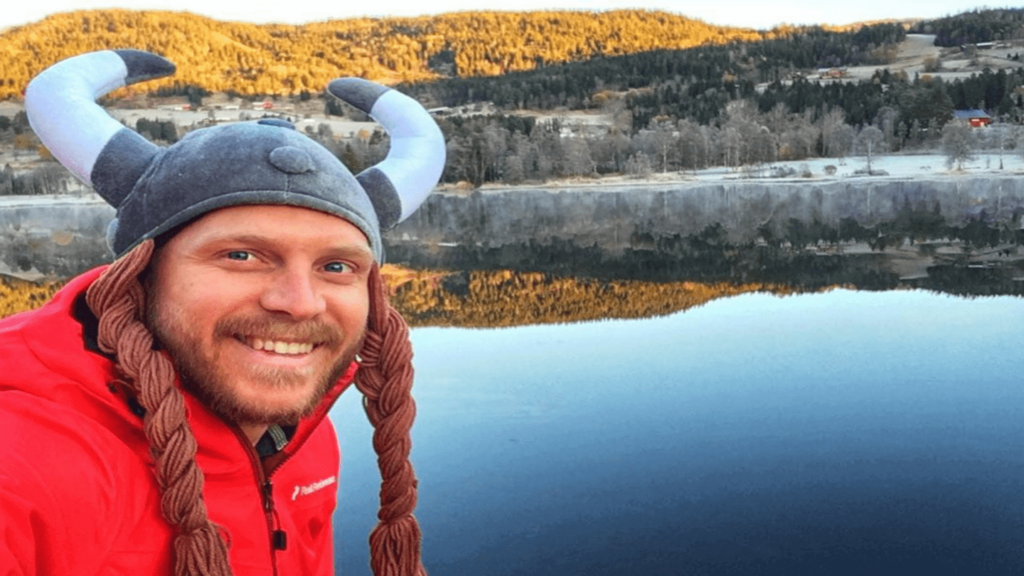

I don’t understand
If you’re new to speaking the language, there will be many times where you don’t understand what the other person is saying. Rather than pretending or struggling along, tell them you don’t understand and they’ll likely repeat or slow down their words, or find another way to communicate. Luckily, these are some easy European phrases to know and memorise.
French: Je ne comprends pas.
German: Ich verstehe sie nicht.
Italian: Non capisco.
Russian: Я не понимаю (ya ne ponimayu).
Turkish: Anlamıyorum.
Polish: Nie rozumiem.
Dutch: Ik snapt niet.
Spanish: No entiendo.
RELATED CONTENT: Top 10 Hidden Gems in Europe
I need help / Help!
Everyone needs help sometimes and this is one of the handiest European phrases to learn.
French: J’ai besoin d’aide. / À l’aide!
German: Ich brauche Hilfe. / Hilfe!
Italian: Mi serve aiuto. / Aiuto!
Russian: Мне нужна́ по́мощь. – I need help (mnye nuzh-ná pó-masch) / Помогите (pa-ma-gée-tee)!
Turkish: Yardıma ihtiyacım var. / İmdat!
Polish: Potrzebuję twojej pomocy. / Pomocy!
Dutch: Ik heb hulp nodig / Helpen!
Spanish: Necesito ayuda. / ¡Ayuda!
RELATED CONTENT: Where to travel in Europe in your 50s, 60s and 70s
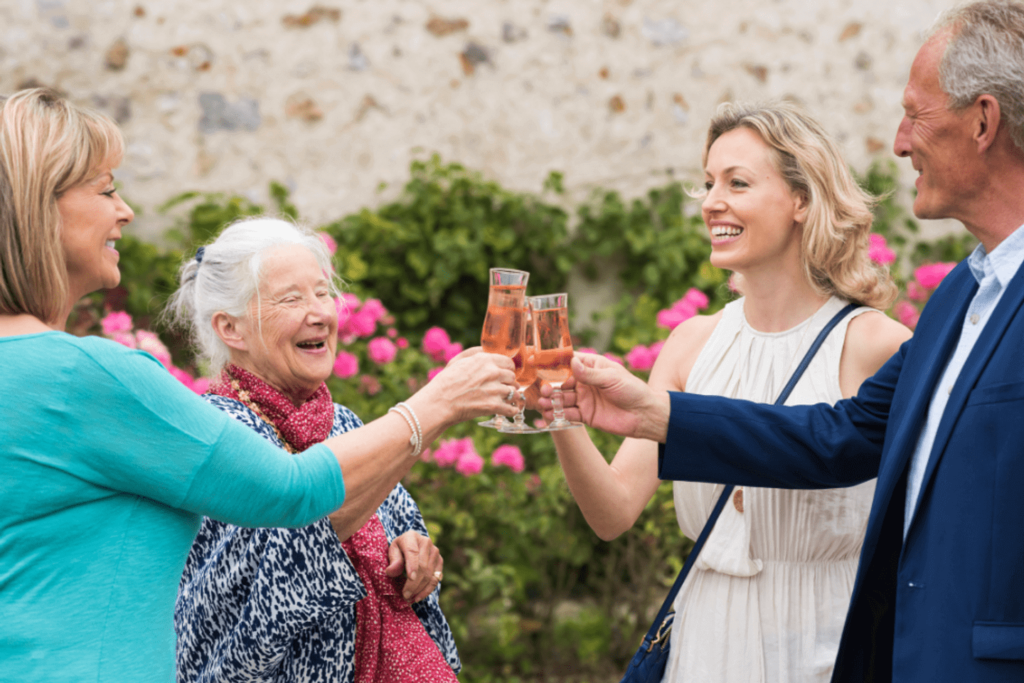

Cheers!
Get into the spirit the local way on your trip to Europe.
French: Santé!
German: Prost!
Italian: Cin cin!
Turkish: Şerefe!
Polish: Na zdrowie!
Dutch: Proost!
Spanish: ¡Salud!
Russian: Many people think ‘на здоровье’ (na zdorovie) is the way to toast in Russia, however this is actually the Polish way. In Russia, there is no word for ‘cheers’ and toasts are tailored for every occasion. If you do want to make a toast, start by saying ‘за’ (za), then say what you’re toasting to like love, family, or the birthday boy or girl.
RELATED CONTENT: 7 essential Russian phrases you’re probably pronouncing wrong
I only speak a little (local language)
If a native speaker thinks you understand more than you do, you can use this handy phrase to let them know you’re new to the language.
French: Je parle seulement un peu le Français.
German: Ich spreche nur wenig Deutsch.
Italian: Parlo solo un po’ di Italiano.
Russian: Я ещё плохо говорю по-русски (Ya yeshchyo plokho govoryu po-russki).
Turkish: Sadece biraz Türkçe konuşabiliyorum.
Polish: Mówię tylko trochę po polsku.
Dutch: Ik spreek maar een beetje Nederlands
Spanish: Solo hablo un poco de español.
GET INSPIRED BY: Traditional Europe
Can you speak any European languages? What are your favourite European phrases and expressions to learn? Let us know in the comments below…